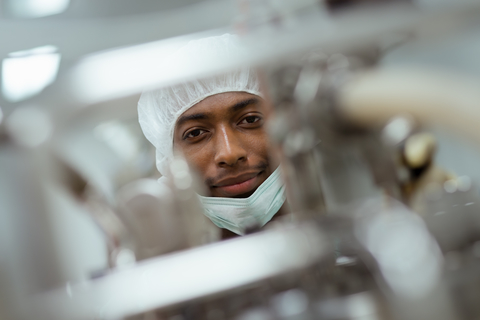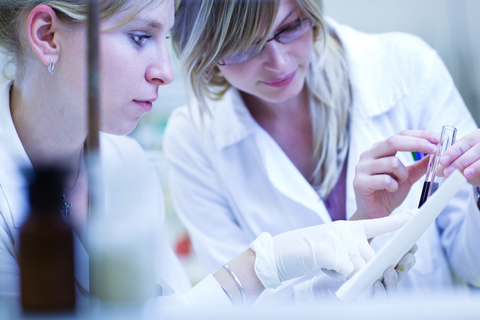
Autistic children make similar mistakes recognising faces as children who don’t have autism
Young people with autism spectrum conditions have difficulties recognising and distinguishing between different facial expressions, according to research from one of the largest studies to look at emotion recognition in children and adolescents on the autistic spectrum (University of Bristol, 2017). The University of Bristol findings have been published in the Journal of Autism and … Continue reading Autistic children make similar mistakes recognising faces as children who don’t have autism
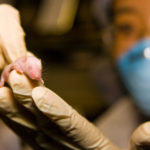
The first drug that could reverse diabetes
With no insulin injections, no avoiding sugar, a daily drug can reverse diabetes symptoms in mice, opening up the possibility of a much easier way for people with diabetes to keep their blood sugar level within safe limits (New Scientist, 2017). In 2016, the number of people living with diabetes in the UK passed four … Continue reading The first drug that could reverse diabetes

New test can predict when you’ll get Alzheimer’s
Scientists have developed a new genetic test for Alzheimer’s risk that can be used to predict the age at which a person will develop the disease (The Guardian, 2017). The study found a high score on the test, which is based on thirty one genetic markers, can translate to someone being diagnosed many years earlier … Continue reading New test can predict when you’ll get Alzheimer’s
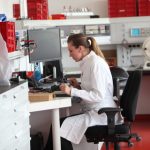
Researchers create ovulation on a chip
Researchers have created ovulation in the lab, with a simulated female reproductive system that behaves almost like the real thing over twenty eight days (New Scientist, 2017). Every twenty eight days, the ovary, cultured on a small plastic chip, releases an egg and starts producing hormones to prepare for pregnancy (Nature, 2017). The hormones travel … Continue reading Researchers create ovulation on a chip
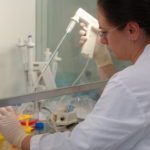
Farmed chicken’s immune system “too slow” to beat campylobacter
University of Liverpool research has revealed that the immune response of farmed chickens does not develop fast enough to fight off campylobacter during their short lifespan (University of Liverpool, 2017). The findings have important implications in the challenge towards developing a poultry vaccine for the bug, which is the UK’s leading cause of food poisoning. … Continue reading Farmed chicken’s immune system “too slow” to beat campylobacter

Study looks at reason for improved head and neck cancer survival rates
In the first study of its kind researchers from the University of Liverpool’s Institute of Translational Medicine have examined the possible reasons for the improved survival rates for some head and neck cancer patients in the UK (University of Liverpool, 2017). A rising incidence of oropharyngeal squamous cell carcinoma (OPSCC), a type head and neck … Continue reading Study looks at reason for improved head and neck cancer survival rates
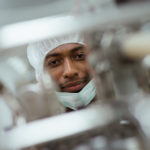
University of Manchester to receive £1.2m for pancreatic cancer research
University of Manchester scientists are set to receive £1.2m from Cancer Research UK to help transform pancreatic cancer treatment in the UK (University of Manchester, 2017). Cancer Research UK is investing a total of £10m in the PRECISION Panc project based in Glasgow, Manchester and Cambridge, which aims to develop personalised treatments for pancreatic cancer … Continue reading University of Manchester to receive £1.2m for pancreatic cancer research
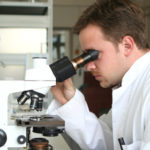
Study finds moderate drinkers not as risk when taking methotrexate
A new study has found people taking methotrexate, a common rheumatoid arthritis medicine, are not at increased risk of liver damage if they stick to fourteen units of alcohol a week or less (University of Manchester, 2017). Methotrexate is a drug taken, often over long periods of time, to limit or prevent joint damage and … Continue reading Study finds moderate drinkers not as risk when taking methotrexate
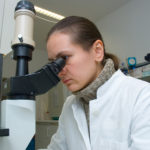
Humans need metal to maintain strong bones, just like Wolverine
An international team of researchers, led by the University of Manchester, has used the Diamond Light Source to image the precise location and chemistry behind the growth in bone for the first time (University of Manchester, 2017). Their research has provided fresh insight into how bones grow and develop, and how the traces of metal … Continue reading Humans need metal to maintain strong bones, just like Wolverine

Study finds no “weekend admission effect” for elderly patients with broken hips on the NHS
New research has found NHS patients admitted to hospital at the weekend with a hip fracture are at no greater risk of death compared to patients admitted on weekdays (University of Bristol, 2017). In fact, the risk of death during the hospital stay was lower at the weekend than in the week. Using data collected … Continue reading Study finds no “weekend admission effect” for elderly patients with broken hips on the NHS







